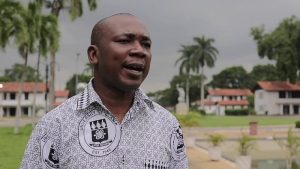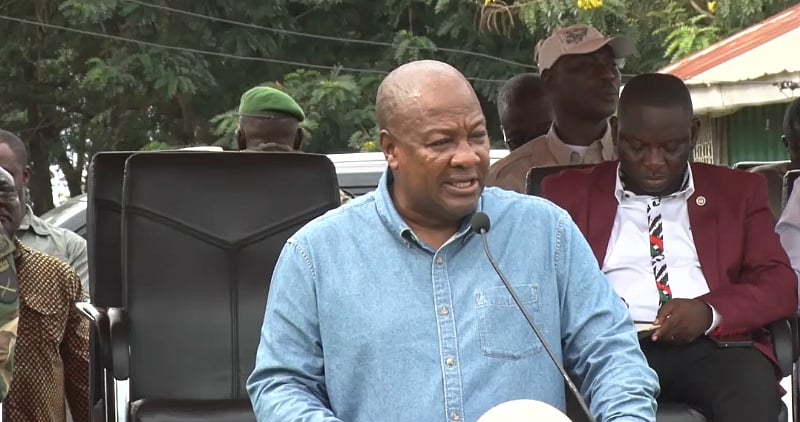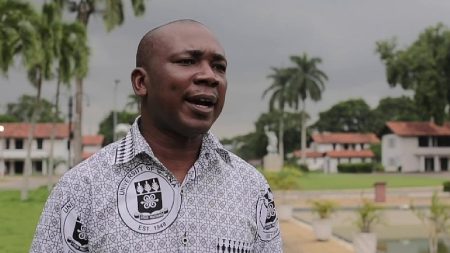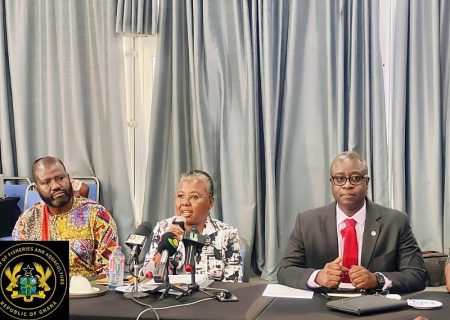Ghana embarked on an ambitious environmental restoration journey with the launch of the 2025 national tree planting campaign, coinciding with World Environment Day on June 5th. President John Mahama spearheaded the initiative, emphasizing its crucial role in revitalizing degraded ecosystems, mitigating climate change, and securing a healthier environment for future generations. The campaign, aiming to plant 30 million trees nationwide between June 5th and 30th, represents a significant step towards achieving the broader goals of the Tree for Life Afforestation program, launched earlier in March 2025. This larger program targets the restoration of at least 7 million hectares of degraded land across the country, underscoring the government’s commitment to large-scale environmental rehabilitation. The tree planting campaign is not merely a symbolic gesture but a practical effort to address critical environmental challenges. The planted trees are expected to stabilize soil, mitigate urban heat island effects, absorb carbon dioxide from the atmosphere, and contribute to the overall restoration of damaged ecosystems.
The 2025 national tree planting campaign forms a cornerstone of the government’s broader environmental strategy, which encompasses a range of initiatives aimed at reducing deforestation and pollution. Beyond tree planting, the government announced plans to prohibit the use of wood for manufacturing school mono-desks. This measure recognizes the significant contribution of timber harvesting to deforestation and seeks to promote alternative, more sustainable materials for school furniture. The move towards replacing wooden desks signals a shift towards more environmentally conscious practices within the education sector, setting a precedent for other sectors to adopt similar sustainable approaches.
Further demonstrating its commitment to environmental protection, the government revealed plans to ban Styrofoam, a notorious environmental pollutant. President Mahama highlighted the pervasive nature of Styrofoam pollution, particularly its use in food packaging, where its disposability leads to widespread environmental contamination. The planned ban on both the importation and production of Styrofoam in Ghana signifies a decisive step towards tackling plastic pollution. The government intends to promote alternative packaging materials such as paper and aluminum foil, encouraging a transition towards more biodegradable and recyclable options. This measure aims to curb the detrimental impact of Styrofoam on the environment and foster a culture of responsible waste management.
The government’s comprehensive approach to environmental protection underscores its dedication to creating a sustainable future. The national tree planting campaign, coupled with the ban on wooden desks and Styrofoam, signifies a multifaceted strategy to address key environmental challenges. The government’s acknowledgment of the interconnectedness of these issues, from deforestation to plastic pollution, highlights a holistic understanding of environmental sustainability. By tackling these issues concurrently, the government aims to achieve a synergistic effect, maximizing the positive impact of its environmental policies.
These initiatives are not merely reactive measures but represent a proactive approach to environmental stewardship. The government’s commitment to environmental restoration and pollution control is not only about addressing current challenges but also about safeguarding the environment for future generations. President Mahama’s emphasis on leaving a healthy environment for future generations underscores the long-term vision behind these policies. The government’s actions demonstrate a recognition that environmental sustainability is not just a contemporary concern but a responsibility that extends to future generations.
The combined impact of the national tree planting campaign, the ban on wooden desks, and the ban on Styrofoam is expected to contribute significantly to Ghana’s environmental goals. These initiatives are designed to work in concert, creating a comprehensive framework for environmental protection and restoration. The government’s ambitious targets, such as restoring 7 million hectares of degraded land and planting millions of trees, demonstrate a commitment to large-scale environmental action. By combining ambitious targets with concrete policy measures, the government is laying the groundwork for a more sustainable and environmentally conscious future for Ghana. The hope is that these efforts will not only improve the environment but also inspire other nations to adopt similar strategies for a healthier planet.














